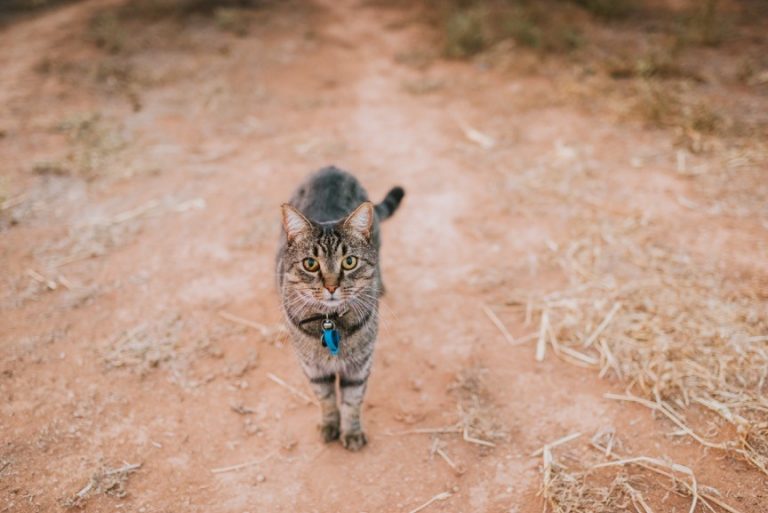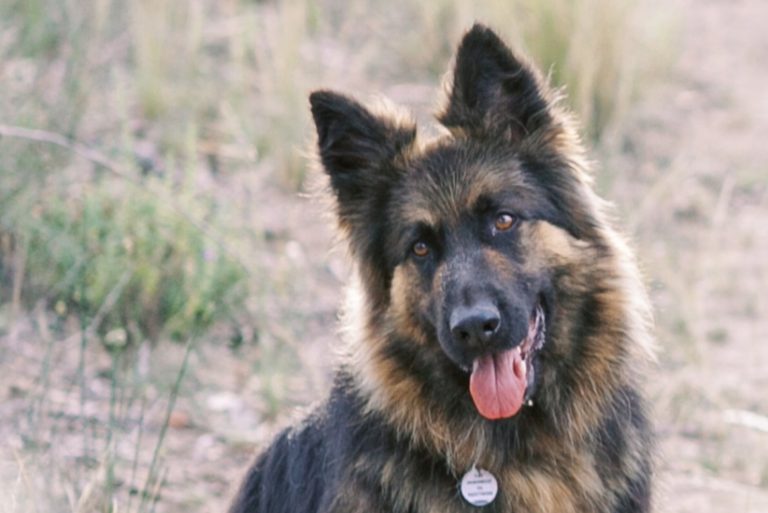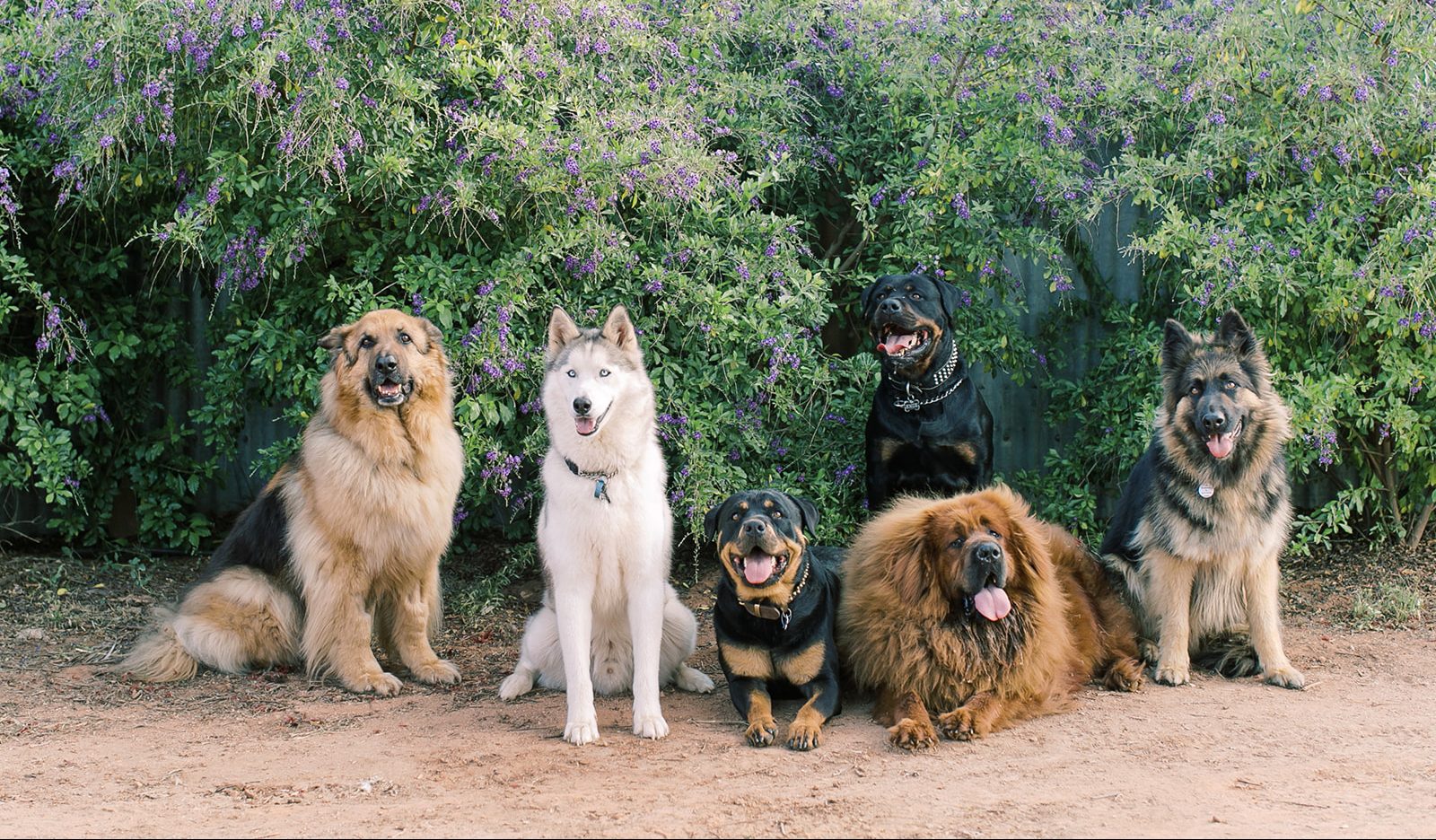FAQs
Are you looking for a quick answer to a commonly asked question?
You might find the answer here, but if not you are always welcome to call us on (03) 5022 2455 or email us and we will do our best to answer any questions that you may have.


Do I have to make an appointment?
Yes. All consultations are by appointment. Appointments are made by phone on (03) 5022 2455 or in person at reception. The scheduling of appointments allows for the timely consultation for your pet, hopefully avoiding significant delays. Pick up after surgery will also be scheduled at a particular time. Even in an emergency, we need to know you are on your way, so please phone ahead as this allows our staff to be ready for you.
Cancellation/no show policy for vet consults and surgery procedures
As a busy clinic we require at least 24 hours’ notice for a cancellation to ensure the appointment time can be rescheduled appropriately via our client waiting list.
Therefore, if you do not show up for your appointment or call to cancel or reschedule at least 24 hours before your appointment you will incur a “no show fee” of $40, which will need to be paid prior to making another appointment.
What does this mean- In order to avoid a “no show fee,” if you are unable to attend your appointment, please call the clinic on 5022 2455 at least 24 hours prior, to cancel or reschedule, noting text messages and emails are not adequate ways of notifying us of a cancellation.
Why does it cost so much to see a vet?
Quality health care whether for humans or animals costs money to deliver.
Medicare subsidises many of our health care costs and the Pharmaceutical Benefits Scheme (PBS) assists with our medication costs. Government funding may also assist hospitals purchase or lease new equipment etc.
Unfortunately there are no equivalent Government subsidies or schemes available for pet care. So pet owners are required to pay for their full veterinary costs.
The fees charged assist in covering the running costs of the clinic and are inclusive of all in house services provided by the clinic such as consultations, hospitalisation, surgery, pathology and imaging etc.
What are my payment options?
Payment is required at the time of consultation or when a pet goes home from surgery. If your pet is requiring an extensive procedure we require a 10% deposit for costs under $1,000 or a 25% deposit on costs over $1,000. We accept Visa, Mastercard, Cash, Cheque or Internet Transfer.
We also offer VetPay. VetPay offers a flexible payment plan to ensure the optimum level of health for all animals.
Does my animal need to be microchipped?
Yes. Microchipping is required when you register your pet with Council. Registering your pet with Council is compulsory and a component of Council By-Laws. To have your pet microchipped you are required to get a Breeder Source Number.
What is a Breeder Source Number and how do I get one?
A Breeder Source Number (BSN) is required when implanting a microchip into any dog or cat born after 1st July 2020. Breeder Source Numbers were introduced to promote responsible pet breeding and improve the traceability of dogs and cats being sold in Victoria. If you advertise a puppy, kitten, dog or cat in Victoria you will need a BSN from the Pet Exchange Register. If you obtain a puppy or kitten that is not already microchipped you will need to obtain a BSN before having a microchip implanted, even if you are not the breeder.
How often do I need to vaccinate my dog or cat and what does it cover?
Dogs
Puppies receive a course of 3 vaccinations starting at 6-8 weeks, 10- 12weeks and 16 weeks of age. It is recommended that a puppy is not taken out and about for a walk or to the park until 2 weeks after their third vaccination when they are considered fully vaccinated. After they have had their puppy vaccinations they are then required to have a booster every year there after.
There are a few different vaccines that can be given to your dog or puppy depending on various factors including their age. Here at Benetook Veterinary Clinic we give either a C3 or a C4, these vaccines cover for canine parvovirus, canine adenovirus, canine distemper virus and canine parainfluanza virus. We also give an additional component which covers Kennel Cough, this then makes your dog eligible to go to a boarding kennel.
Cats
Kittens receive 3 vaccinations starting at 8 weeks, 12 weeks and 16 weeks of age. They are considered fully vaccinated 2 weeks after their 3rd vaccination. Cats then require a booster every year there after.
There are a few different vaccines that can be given to your cat or kitten depending on various factors including their age. Here at Benetook Veterinary Clinic we give either a F3 or a F4, these vaccines cover for feline rhinotracheitis virus, panleucopenia virus, feline calicivirus and feline chlamydophila. Either an F3 or an F4 is accepted if your cat goes into boarding kennels.
In addition to an F4 or an F3 cats can be given an FIV vaccine. We would recommend a discussion with your vet at time of consult to see if this vaccine is required.
What is Parvovirus?
Canine Parvovirus is a highly contagious virus that affects dogs. The signs of this virus may include lethargy, vomiting, fever and diarrhoea that is usually bloody. Diarrhoea and vomiting can quickly result in your dog becoming dehydrated. Parvovirus can affect any age of dog but the most vulnerable are young unvaccinated puppies. We see a large amount of parvovirus in Mildura therefore we recommend not to walk your dog in public places until they are considered fully vaccinated. Parvovirus treatment is generally intensive and therefore is quite expensive to treat and without the supportive care required, the chances of survival are slim. Even with supportive care some patients unfortunately do not pull through. The vaccination is extremely effective at preventing your dog from contracting the disease.
Desexing
Desexing is recommended for many reasons, some of these reasons include:
- Reducing the risk of potentially serious health problems such as, mammary cancers, Pyometras (infected uterus), false pregnancies, testicular cancers, prostate problems
- Preventing reproductive cycle behaviours
- Prevents unwanted pregnancys which can then result in an increase of unwanted dogs and puppies or cats and kittens in shelters at risk of being put to sleep
- Reducing aggressive behaviour.
- Likely reduction in scent marking by urination
- Decreasing their likelihood to roam
Desexing is usually recommended at 6 months of age for both cats and dogs however larger breed dogs such as German Shepherds and Rottweilers are recommended when they have fully developed at around 18 months of age.
If your female dog is in heat we recommend waiting until 2 weeks after they have finished their heat as the surgery can become more complicated whilst they are in heat.



